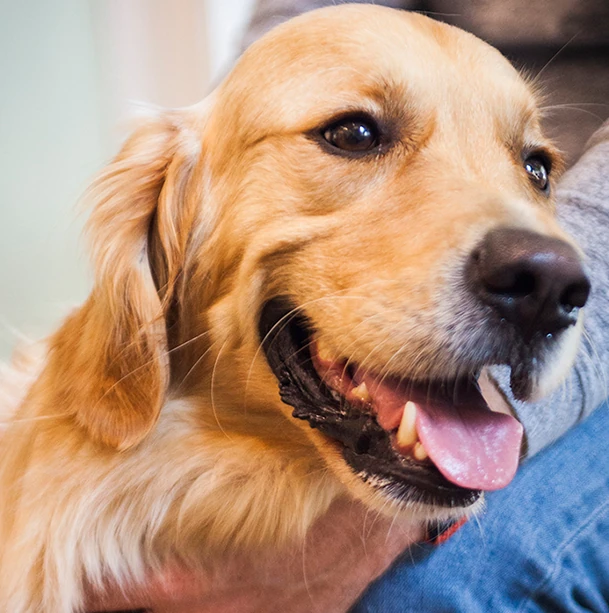Roundworms are commonly inherited by pups from their mothers at the time of birth, even when the mother has been regularly wormed. (Roundworms are evolutionarily quite clever!) Pups are regularly wormed following individual manufacturer’s instructions during their first year.
Previously restricted to the southwest, the most threatening internal parasite for London’s dogs is now the lungworm. It is contracted through snails, slugs or their slime so large dogs with no taste buds such as Labradors are more at risk. Most dogs should be given internal parasite treatment every three to twelve months depending on their lifestyles. The frequency of treatment, depends upon an individual’s lifestyle. External (spot-on) treatment for lungworm prevention should be carried out monthly in parts of England where this is a common problem. Although lungworm has now been diagnosed in London in dogs that have never left London, it remains uncommon. We can discuss with you a prevention programme appropriate for your dog.
If your dog visits Richmond Park or wooded areas outside of London, consider starting tick control in March and continue until the first hard frost in November. If your dog is exercised only in central London, the risk from ticks is much less. We can discuss with you whether tick control is needed.
Dog (and people) fleas are rare in London. Cat fleas, on the other hand are extremely common and dogs (and people) get bitten by cat fleas, usually from May until the first hard frost in November. If your dog lives with a cat that goes outdoors, consider canine as well as feline flea control in March or April and continue until the first hard frost in late autumn. If your dog mixes with lots of other dogs consider the same routine.
We advice not using products containing fipronil or neonicitinoids both of which are known to be damaging to insect life and bee activity.


